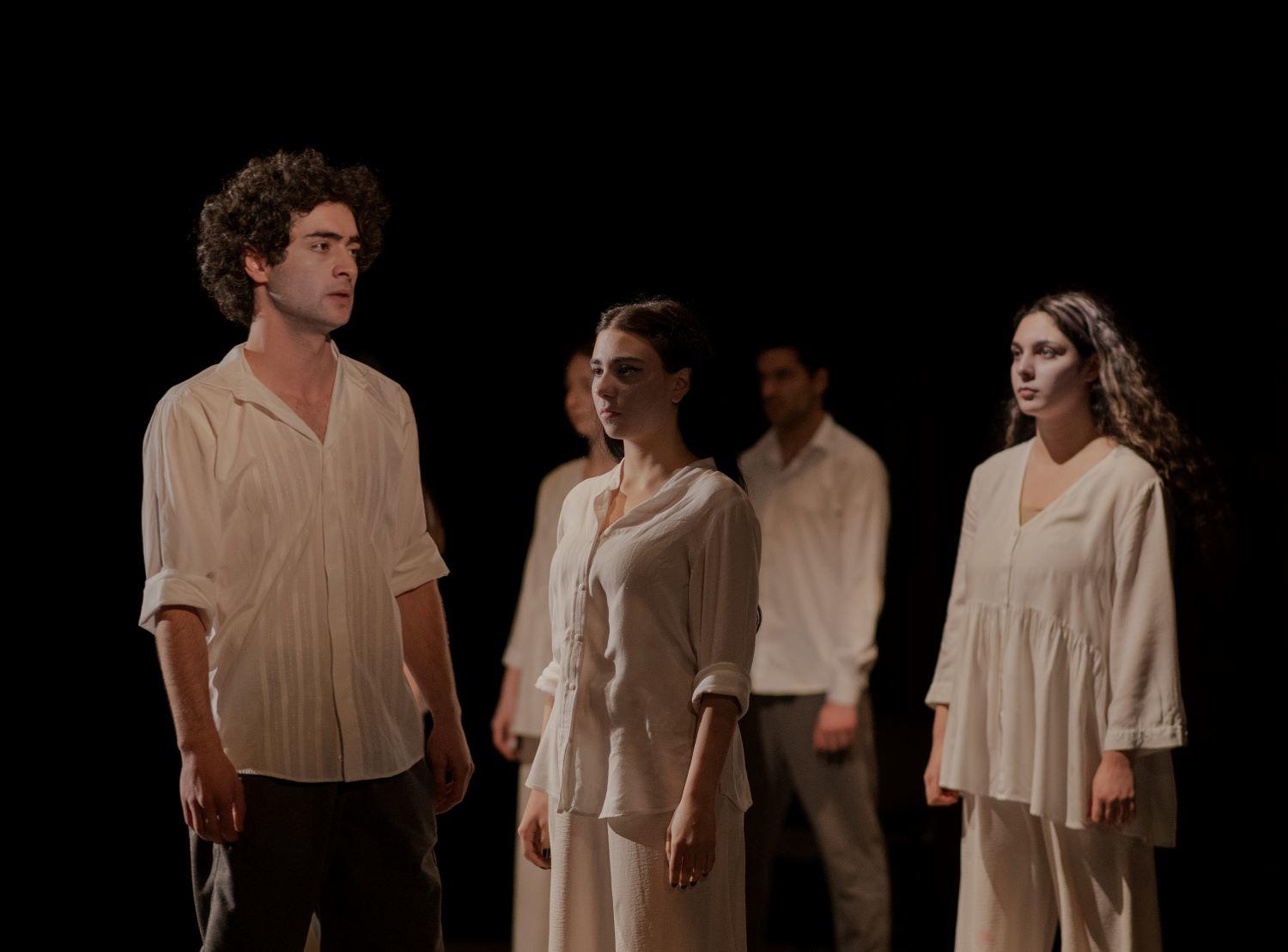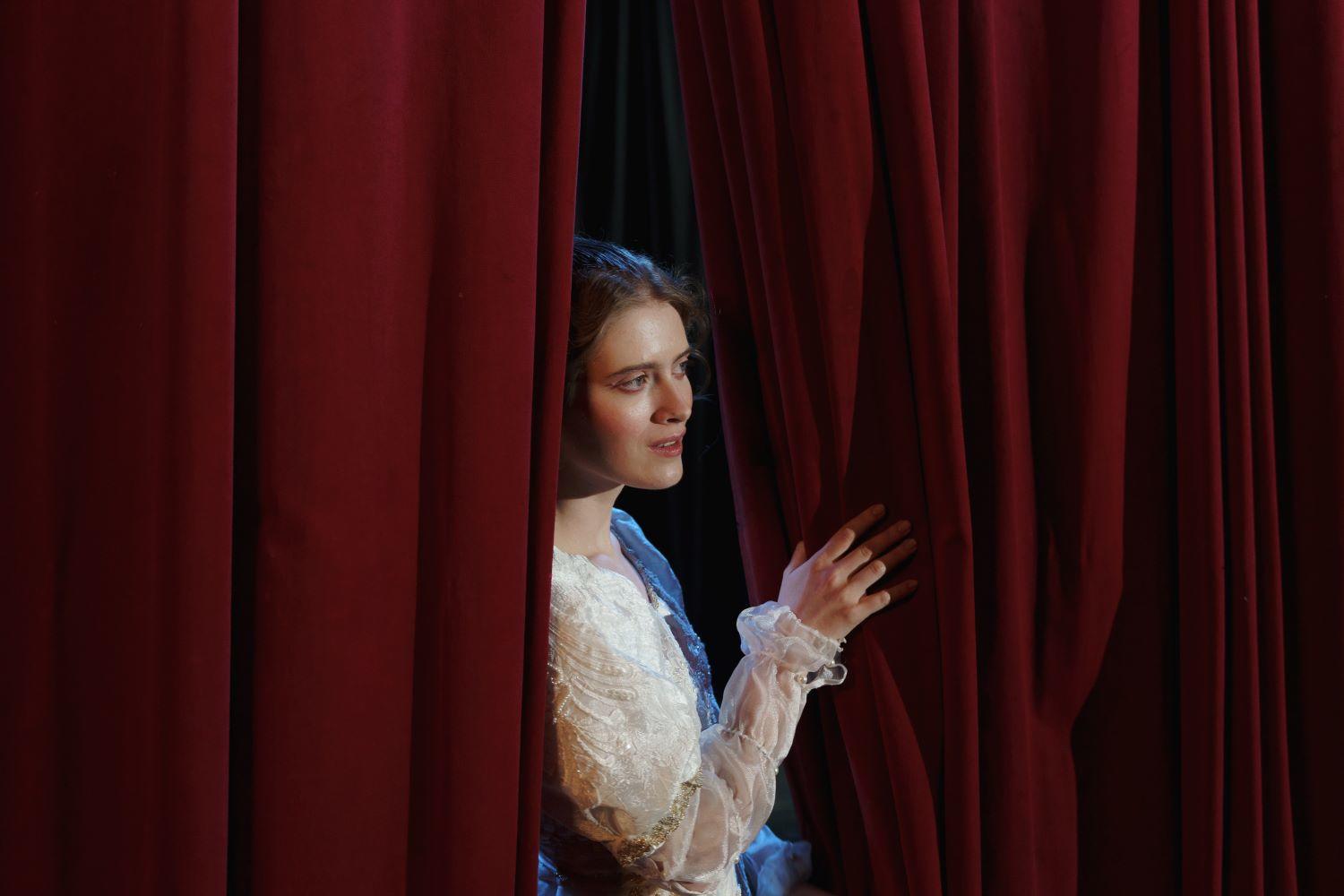If you spend years learning how to perform in a theater, you will still find it difficult to adapt to the rehearsal and performance process of on-screen acting. This is because there are so many notable differences between theater performance and on-screen acting, and how you learn them also differs.
So if you are interested in learning how to act or taking acting lessons, you should pay attention to the different learning processes between these forms of acting so you can understand them both and excel in your learning.
You will also be sure of what you want to focus on and how to learn faster. Aside from knowing the different learning processes of on-screen and theater acting, knowing the best way and place to learn them is also very important, and we will discuss all that in this guide. See how to build a strong acting profile in Canada.

Key Differences Between the Learning Process of Theatre Acting and On-screen Acting
The learning process of theater performance and on-screen acting will be so much easier if you start by knowing the differences between them so that you will know what you are expected to learn. On that note, here are 10 key differences between the learning process of theater performance and on-screen acting.
Facial Expression and Body Language
The biggest difference between acting on-screen and theater acting is the audience's location. The audience is usually far from the stage, depending on the theater, so the actors must learn to exaggerate their body gestures and facial expressions.

For example, if you want to express sadness on stage acting, you can't just do it with a single tear; you have to do it in a way that the entire theater will see and notice the action.
However, you can get the camera very close to you for on-screen acting, closing the gap between the audience and the actor. So because of the close-up perspective, you will not need to exaggerate your expressions; rather, you need to use subtle and natural gestures.
Performance Size
The size of the performance is also another very significant difference between learning theater acting and on-screen acting; when learning to perform on screen, your audience will be just the crew members, and you may act on each scene with just one or two actors per time.
However, for theater acting, there will be a complete picture of a scene with all the actors involved on stage at the same time. You will also learn to perform in the presence of a large audience.
Voice and Volume
Having a strong and healthy voice is one of the most important things for theater acting; when acting on stage, you have just one chance to get it right. That is why when learning theater acting, you will be taught how to use your voice with the right volume to express yourself adequately.

Although some theaters may use microphones, even at that, you will still need a very good voice with crisp, clear dictions, accurate lines, and clear pronunciation for a theater performance.
On-screen acting, on the other hand, is different because you will work with microphones, and you don't need to push too hard to get a loud voice because the camera can get very close to you, and with some editing, the voices can be amplified. In addition, in post-productions for on-screen films, actors can always go back and re-record lines that are not clear. This guide will help you follow the right path in your acting career.
Maintaining Film Continuity
Film continuity is usually needed for on-screen acting because it allows editors to use different shots to create a single scene. The shots are consistent with each other, so they can be a perfect match when merged.
For on-screen performance, an assigned crew member usually keeps track of continuity, taking pictures of settings, props, costumes, etc. Hence, when learning on-screen acting, you will learn how to maintain continuity on each set, making your performance precise.
However, when learning theater acting, you will not need any special training on film continuity because there's no editing and merging of shots for on-stage acting; your audience gets to see everything live as you perform.
Working Amidst Technical Constraints and Distractions
If you are taking acting lessons for theater acting, you will get used to having the technical elements added to the show during the tech week prior to the show night. You will have little to no obstruction and distractions from equipment and crew members during theater acting.
However, for on-screen acting, every day is tech week, and your role in the filmmaking process is only a small part. On-screen acting and films require so many elaborate machines and unseen crew members standing around to ensure everything is in order.
You might be acting in an intimate scene, and you will have someone holding a light or microphone close to your face.
So this is another major difference between learning to act on stage and on screen, having to get used to the army of crew members and tech involved with on-screen acting that is usually not an issue for theater acting.
Shooting Out of Sequence
During on-screen movie shoots, the scenes can be performed out of sequence. You can even perform the ones you have perfected first and still get the chance to prepare for others later.
However, for theater acting, you must learn to memorize the script according to the preset sequence; you are expected to know what comes next for each scene because you can't act the scenes out of sequences; you have to do them according to the script.
Familiarity With the Material
Another significant difference between learning on-screen acting and theater acting is the familiarity of the material; theater acting is often repetitive, making it easy for actors to get familiar with it. When a show or play is popular, it is repeated night after night worldwide, and the audience expects to watch the story exactly the way they remember it.
However, for on-screen acting, you can't act on the same film repeatedly, meaning all the efforts you put in to learn the scripts and prepare for the shoot can be used only once, and you will not enjoy the familiarity that comes with repetition.
This fact also means that theater acting doesn’t give room for mistakes, and scenes can't be corrected. Unlike on-screen acting, where scenes can be edited and acted on over and over again until they are perfect because the audience does not know the storyline and has never seen the movie.
Multiple Takes
This might be obvious already, but it is one of the fantastic things about on-screen acting; you can act on a single scene multiple times until it is perfectly captured on camera.
Still, for theater acting, you can only repeat sets during rehearsals; once you get on stage, you must present a perfect performance without errors because you have a live audience, and you can’t repeat scenes. So when learning theater acting, you will learn to act knowing that you don't have multiple takes; you have only one shot to get it right on stage.
Listening and Reacting
Listening and reacting are crucial for on-screen acting; it is essential for you to learn how to stay engaged and focused on the scene to give the right reactions to what the other character does or says.
For theater acting, the audience is more focused on the character that happens to be speaking at the time, but in on-screen acting, reaction shots of listening characters and dialogues are equally important.
Characters
When learning theater acting, you will learn about the iconic nature of the characters; because the audience and critics will be there to compare your performances to past versions of the same show, especially when it is a popular play. This is because many plays are performed repeatedly, so people often go to the theater to watch something they already know.
However, for on-screen acting, you will be the only person who has played that character and your audience will not have anything to compare you with, so you can give them your own version without trying to imitate past performances.
Where Can I Find Acting Classes Near Me?
Whether you intend to learn both on-screen acting and theater acting or you want to learn either of them, the best way to go about it is by hiring an acting coach or registering for acting lessons and if you are wondering where you can find such effective acting lessons in your location look no further because Superprof is the right place for you.

The platform will allow you to connect with the best acting coach closest to you, and you won't have to worry about their reliability because Superprof always ensures they work with qualified and experienced coaches.
Start Acting Lessons Right Away
Now if you have decided to learn on-screen acting or theater acting, take advantage of the amazing opportunity Superprof has provided for you to do so from anywhere. Join the platform so you can search for any tutor that suits your needs, contact them, and schedule your lessons immediately. This guide will help you see the similarities.
You can also choose the type of acting coach you need; whether you need private acting lessons, group acting classes, or online or in-person acting classes, Superprof has got you covered. So waste no further time and start your acting classes right away.
Summarize with AI:
















